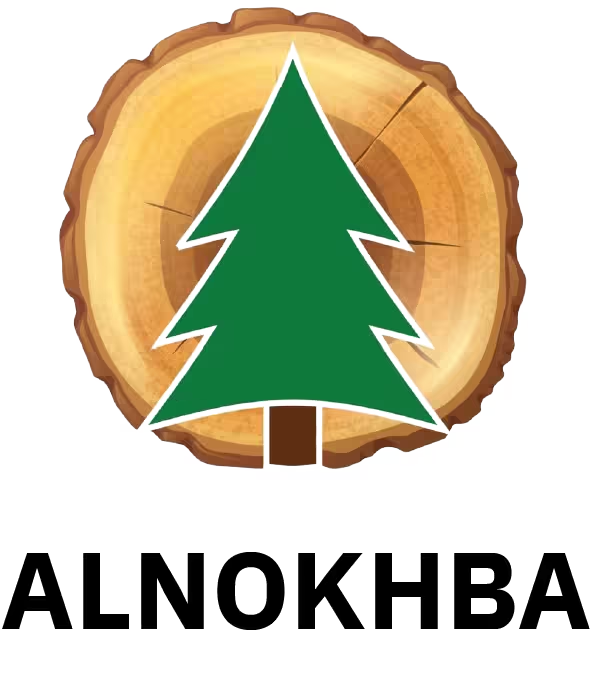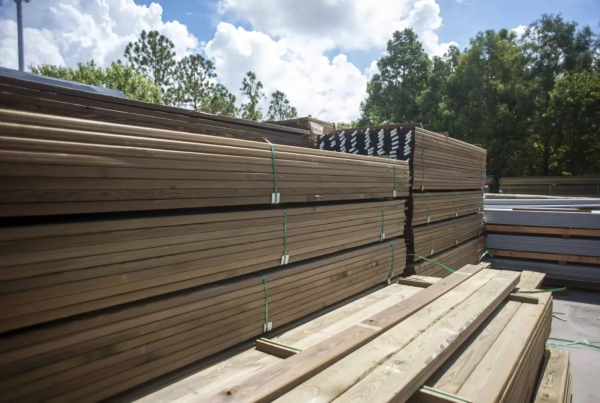In a world where countless types of wood are available, quality is what makes the difference between a project that stands the test of time — and one that fails at the first challenge.
But how do we ensure that the wood imported into the Libyan market truly meets the highest specifications?
At Al Nokhba Al Modeeah, quality is not just a slogan — it is a process. A series of carefully executed steps that begin in the forests and end in our warehouses.
Step 1: Choosing Reliable Sources
We don’t work with just any supplier. Our partnerships are exclusively with certified global companies in countries such as:
- Sweden
- Austria
- Finland
- Gabon
- China
- Indonesia
Every supplier is carefully evaluated based on:
- Product quality
- Sustainability practices
- Consistency and reliability in supply history
Step 2: Pre-Shipment Quality Inspection
Before any shipment is approved, it undergoes inspection by specialized teams to ensure:
- Freedom from rot, mold, or insects
- Uniform thickness, straightness, and density
- Proper moisture treatment, if applicable, according to destination climate requirements
Step 3: Secure Transport and Ideal Storage
The timber is shipped in moisture-protected containers, ensuring that it arrives in perfect condition.
Upon arrival, it is stored in climate-appropriate warehouses designed to maintain the integrity of the wood — preventing issues such as cracking, warping, or moisture damage.
Step 4: Local Inspection Before Distribution
Before any batch is released to our branches in Tripoli, Benghazi, or any other location, a final inspection is carried out. This guarantees that the wood is:
- Ready for immediate use
- Compliant with the highest quality standards
- Safe for both commercial and private projects
Quality Doesn’t Happen by Accident
Being a professional in the timber industry means thinking through every stage of the supply chain — from the forest to the customer.
This commitment is why the name Al Nokhba Al Modeeah has become synonymous with quality, reliability, and professionalism in the Libyan market.





